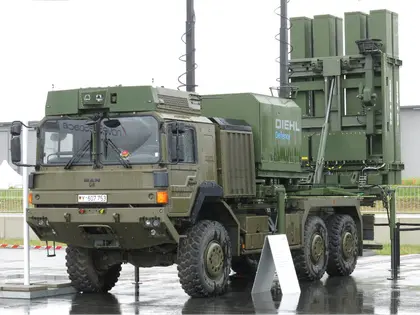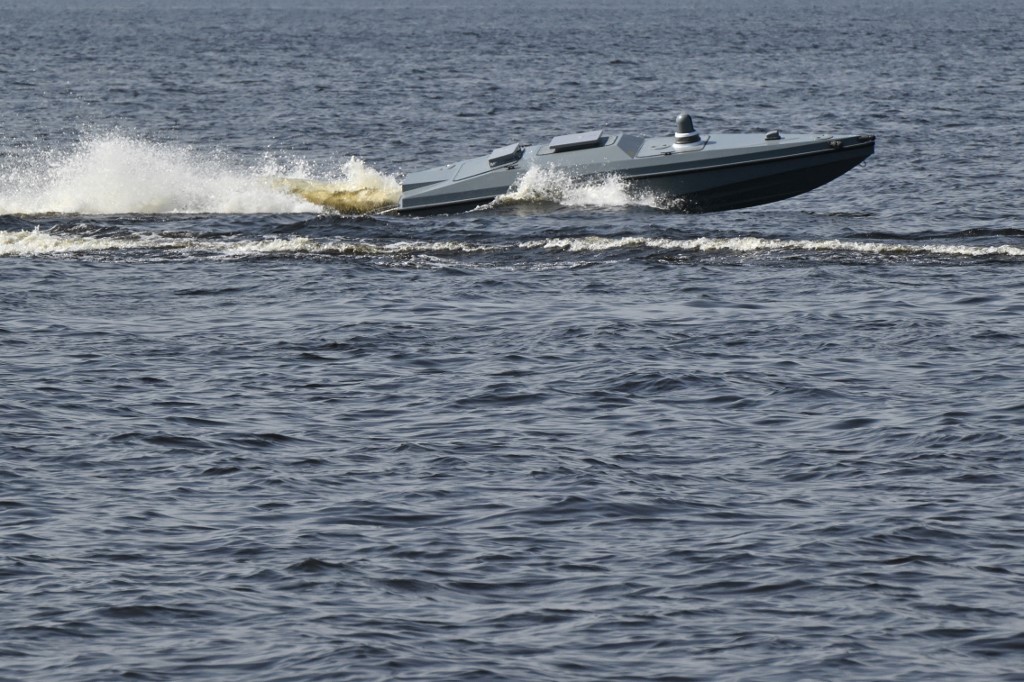Germany plans to supply the latest IRIS-T air defense systems to the Ukrainian military in the coming weeks. The news came in an Aug. 23 statement from Germany’s Minister of Foreign Affairs, Annalena Baerbock,
The IRIS-T surface launched anti-aircraft missile system is the latest medium-range air defense system. In its latest incarnation, the engine power has been increased and the homing head replaced with a radar. The operating range is up to 40 kilometers and the target detection range is 250 kilometers.
JOIN US ON TELEGRAM
Follow our coverage of the war on the @Kyivpost_official.
Earlier, in the Bundestag, deputies agreed to increase the supply of arms to Ukraine, even if this had the effect of temporarily weakening the German army.
Before Russia’s full-scale invasion of Ukraine, Germany’s Chancellor Olaf Scholz was lukewarm to the idea of supplying weapons to Ukraine, despite vocal critics from the camp of the united opposition. Talk within government was of diplomatic measures to settle the so-called “conflict between Russia and Ukraine.” The liberals, the Free Democratic Party of Germany, declared themselves opposed to the supply of weapons but considered it possible to provide armored means of rescuing the wounded and equipment for de-mining.
When the invasion came, the situation changed, and on Feb. 26, Germany announced the delivery to Ukraine of 1,000 Panzerfaust 3 anti-tank guided missiles and 500 Stinger MANPADS. This about-turn was primarily down to unprecedented pressure being placed on the German government, not only from the U.S. and U.K., but also from European allies – Eastern European countries, the Baltic nations, and even Sweden and Finland, which announced their own arms supply packages for Ukraine.

Russia Is Losing the War in Ukraine: Former Trump Insider Speaks Out
On Feb. 27, Scholz presented a five-point program of increasing the budget for financing the Bundeswehr (federal defense) to 100 billion euros, financing NATO, gearing up the latest weapons, transitioning to green energy, accelerating construction of liquefied gas terminals, etc. Military aid to Ukraine and joining in sanctions against Russia were also outlined.
But the slow reaction of the German government to Russia’s war in Ukraine caused criticism in German society itself. As Germany began accepting the first refugees from Ukraine, the horrors of the war’s first days became evident among European allies. On March 2, against the backdrop of thousands of demonstrations in support of Ukraine in Germany’s largest cities, the government was even forced to officially announce that all the weapons promised by Germany had already been transferred to Ukraine.
You can also highlight the text and press Ctrl + Enter






